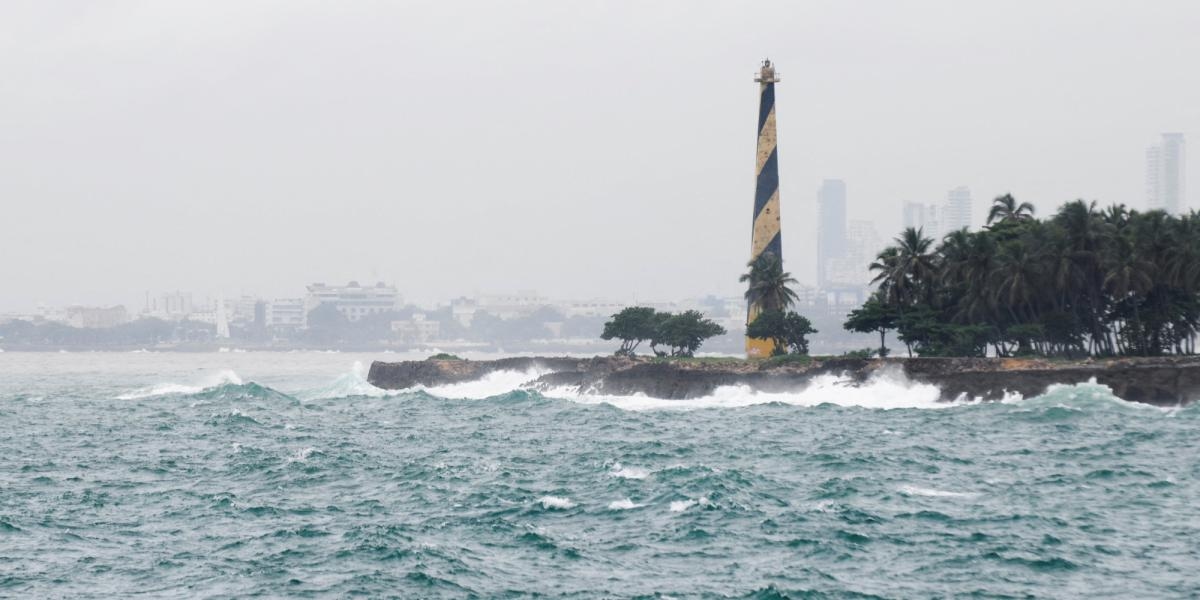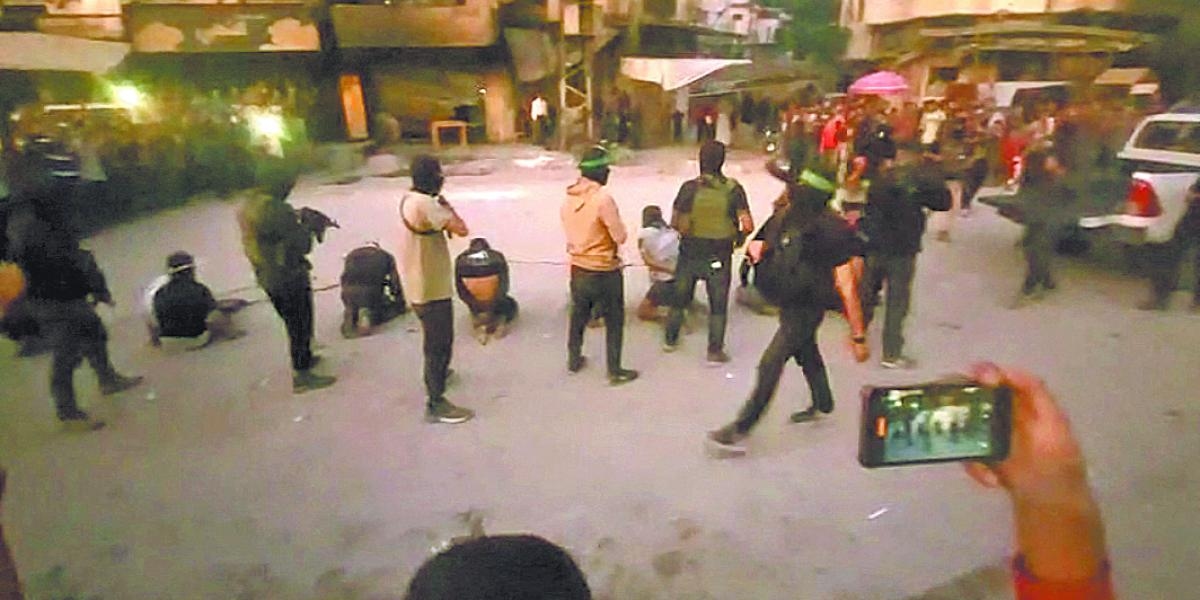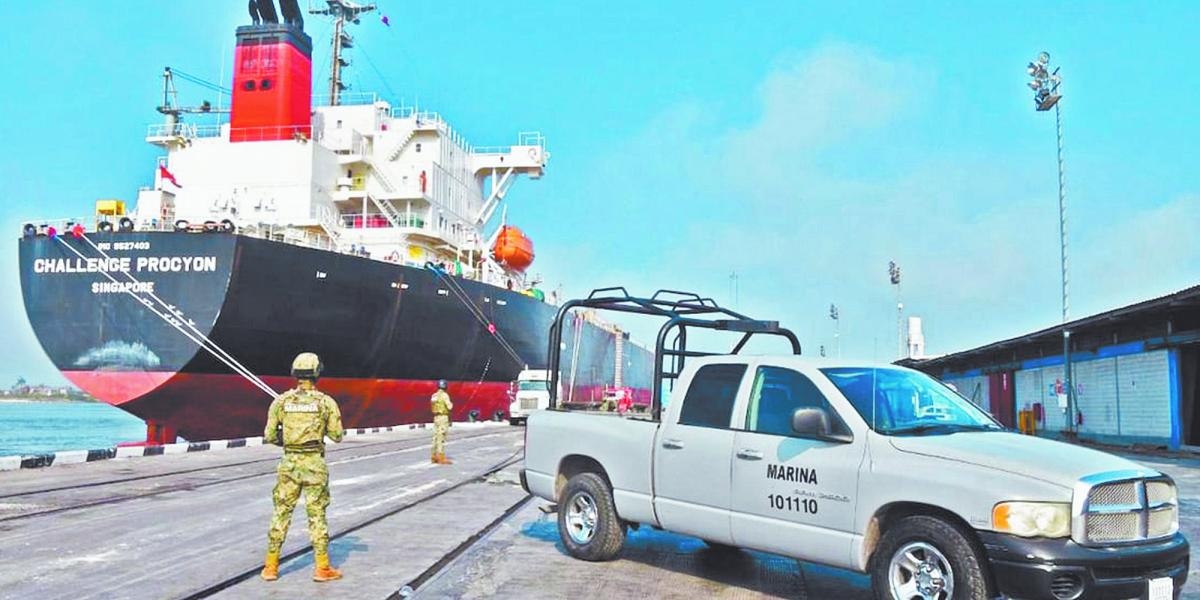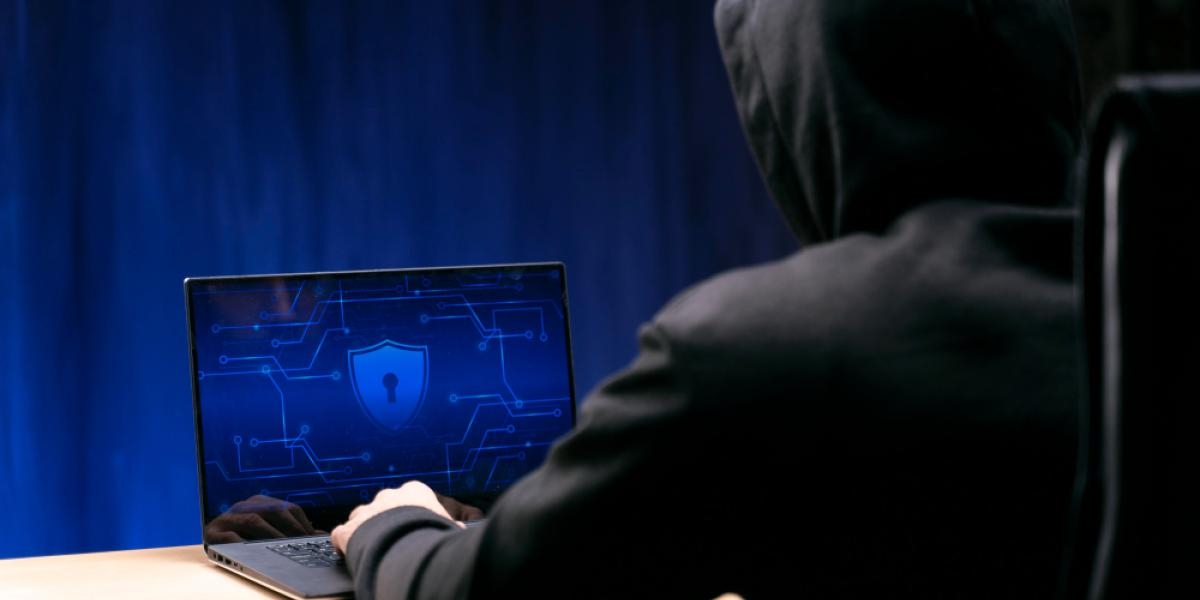Which armed groups are fighting Hamas in Gaza?
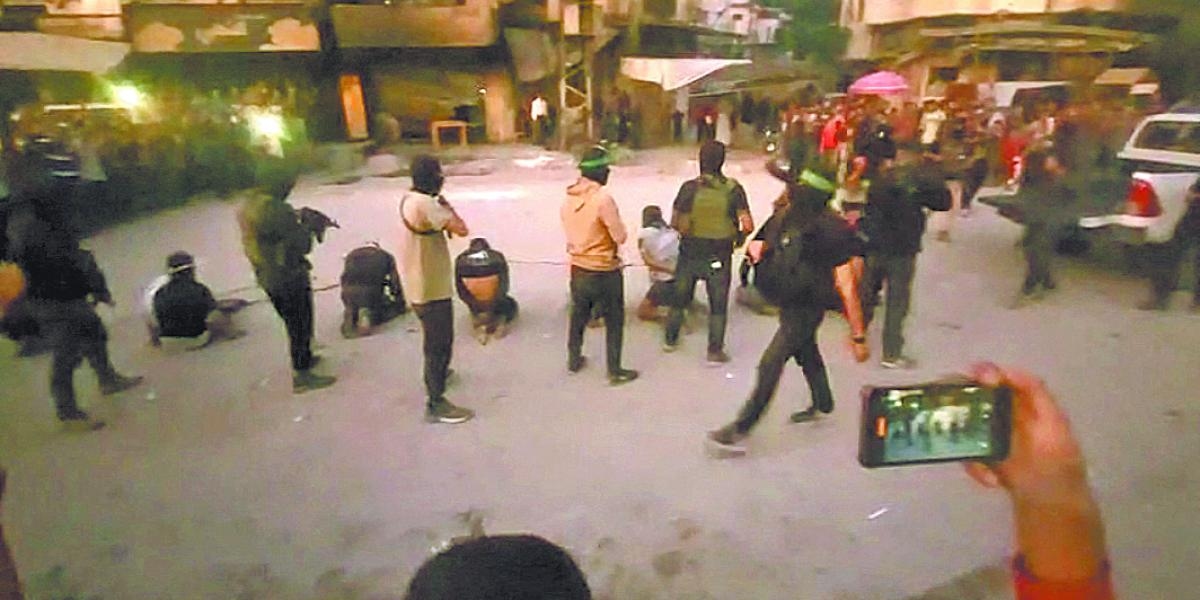
Following the entry into force of the ceasefire in Gaza, several armed groups clashed in different parts of the Palestinian territory. Some are criminal gangs, others are influential clans, and some combine both elements, experts told AFP.
Amid uncertainty over who will take over the reins of the Gaza Strip after the war, Hamas is seeking to consolidate its control over the enclave and has deployed its armed wing, the Ezedin al-Qassam Brigades, along with two auxiliary units—the Sahm and Radea forces—to the areas vacated by Israeli troops.
Which groups are confronting Hamas in Gaza and to whom do they answer?
Criminal gangsSeveral armed gangs operate in Gaza, allegedly under Israeli protection, and are reportedly looting aid shipments entering the territory, where shortages remain extreme due to the Israeli-imposed wartime blockade.
The best known is the Popular Force, led by Yasser Abu Shabab, who has openly called for the overthrow of Hamas, which rules Gaza.
Reports indicate that Abu Shabab operates under Israeli protection. The group, which numbers hundreds of fighters, is based south of Rafah, near Kerem Shalom, the main aid entry point into the Israeli-controlled Palestinian territory.
According to Naser Jdur, a Palestinian researcher with the ACLED organization that monitors the conflict, there are at least three other groups similar to the Popular Force: one led by Rami Heles in eastern Gaza City, another by Ashraf al-Mansi in the north, and a third by Hosam al-Astal in Khan Yunis in the south.
Little legitimacy"These four groups appear to be operating primarily in areas that remain under Israeli control," Jdur said, referring to the areas beyond the so-called "Yellow Line," the line to which Israeli troops have withdrawn following the ceasefire.
These are "looting" gangs, Tahani Mustafa, a researcher at the European Council on Foreign Relations (ECFR), told AFP. Hamas accuses them of collaborating with Israel.
Both Mustafa and Jdur agree that these groups are too weak to challenge Hamas's dominance and pose more of a hindrance than a real threat. "Hamas remains the strongest and most capable armed group in Gaza," Jdur stated.
Furthermore, because they lack political affiliation and act out of self-interest, these gangs have little legitimacy among Gazans.
"Legitimacy for the Palestinians comes from the resistance (against Israel) and also from traditional parties like Fatah, Hamas, Palestinian Islamic Jihad, and the Popular Front for the Liberation of Palestine," Jdur explained.
Clashes with HamasHamas calls most armed groups not affiliated with Palestinian factions "outlaws" and accuses them of jeopardizing the fragile truce with Israel.
In a recent operation, Hamas's Radea ["Deterrence"] force stormed Abu Shabab's stronghold in Rafah, according to a source close to the unit.
Two Israeli soldiers were killed in the same area during the clashes, and Israel accused Hamas of violating the ceasefire, responding with airstrikes that, according to the Gaza Health Ministry, killed dozens of Palestinians across the enclave.
The Radea unit claimed responsibility for another operation in Rafah last Tuesday, announcing the arrest of "hundreds of outlaws" linked to Abu Shabab and Heles.
More than 300 weapons were seized in the operation, including "advanced weapons obtained from the Israeli army," according to a source close to Radea.
Hamas unitsACLED has recorded 15 violent incidents involving Radea since June 2025, according to Jdur. In contrast, the Sahm ("Arrow") force, created in 2024, has been involved in some 130 incidents that have left 160 Palestinians dead.
Jdur explained that the Sahm unit focuses primarily on combating looters, whether individuals or organized groups, and is known for its harsh punishments, including summary executions.
"In most cases, they shoot or break the legs of looters or collaborators (with Israel), or beat them with iron bars," Jdur said.
Families and clansOther armed actors in the Strip include members of historic Gaza families and Bedouin clans.
According to Muhamad Shehada, another ECFR researcher, these clans have hundreds of fighters and large arsenals, and have been involved in criminal and smuggling activities during the war.
Hamas forces recently raided a stronghold of members of the Doghmush family in the Sabra neighborhood of Gaza City. The operation resulted in dozens of arrests and eight public executions on a city street, in images that quickly went viral.
Eleconomista





